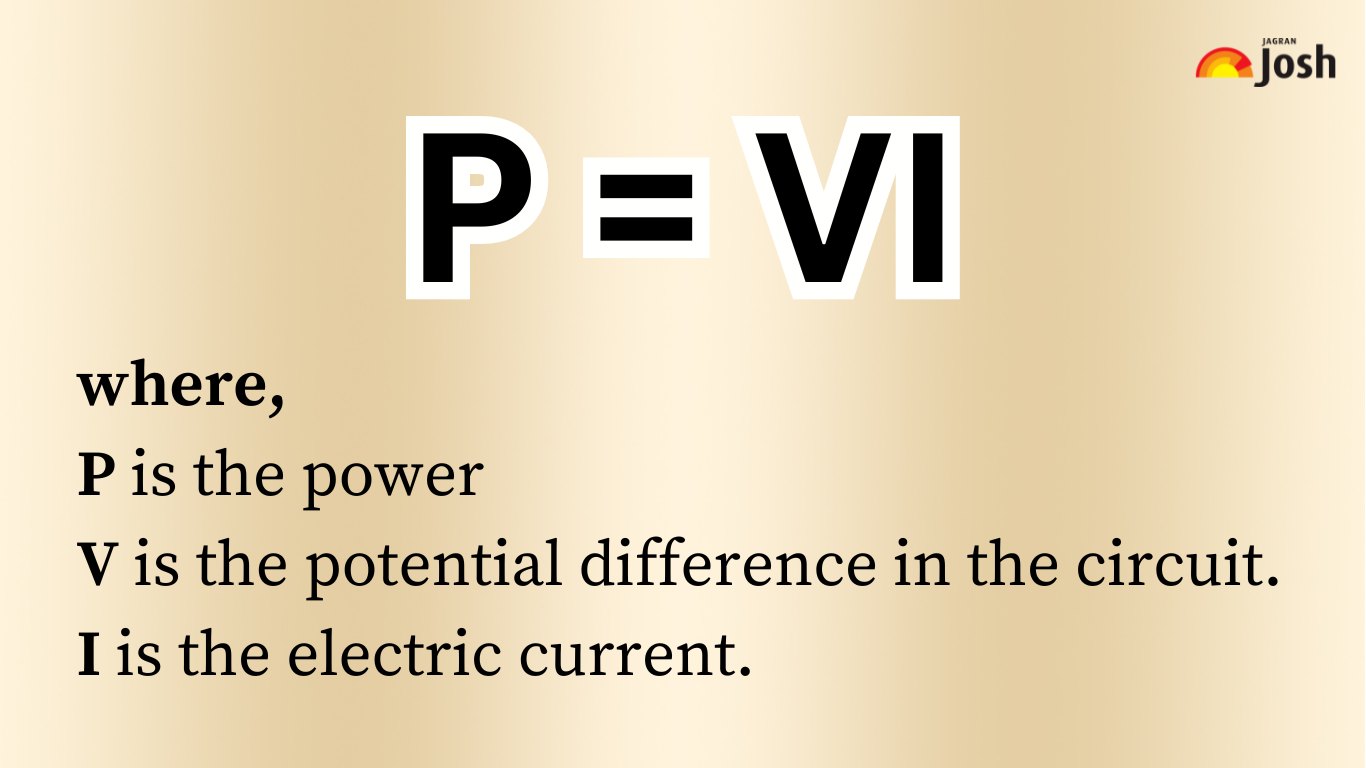Electric power, a fundamental concept in physics, denotes the rate at which electrical energy is transferred through an electric circuit over a specified duration. It is quantified in watts (W), equivalent to one joule per second in the International System of Units (SI). Electric power is essential for various applications, from everyday electronics powered by batteries to large-scale electricity generation through generators. Understanding electric power involves grasping the relationship between voltage, current, and the amount of energy consumed or produced within electrical systems.
Electric Power Definition
Electric Power is defined as the rate at which work is performed or energy is converted within an electrical circuit. Essentially, it quantifies the amount of energy consumed over a period of time. Power is typically measured in watts (W). The formula Power (P) = Voltage (V) x Current (I) is fundamental for determining how power is computed in a circuit.
Electric Power Formula
The formula for electric power is given by:

Real-world Applications:
- Household Appliances: From refrigerators to televisions, these devices consume electric power to operate.
- Industrial Processes: Factories and manufacturing plants rely heavily on electric power to drive machinery and production lines.
- Transportation: Electric vehicles, trains, and trams harness electric power for propulsion.
- Communication: Our digital world, from smartphones to internet servers, thrives on electric power.
Also Check the video lessons link for students.
Comments
All Comments (0)
Join the conversation